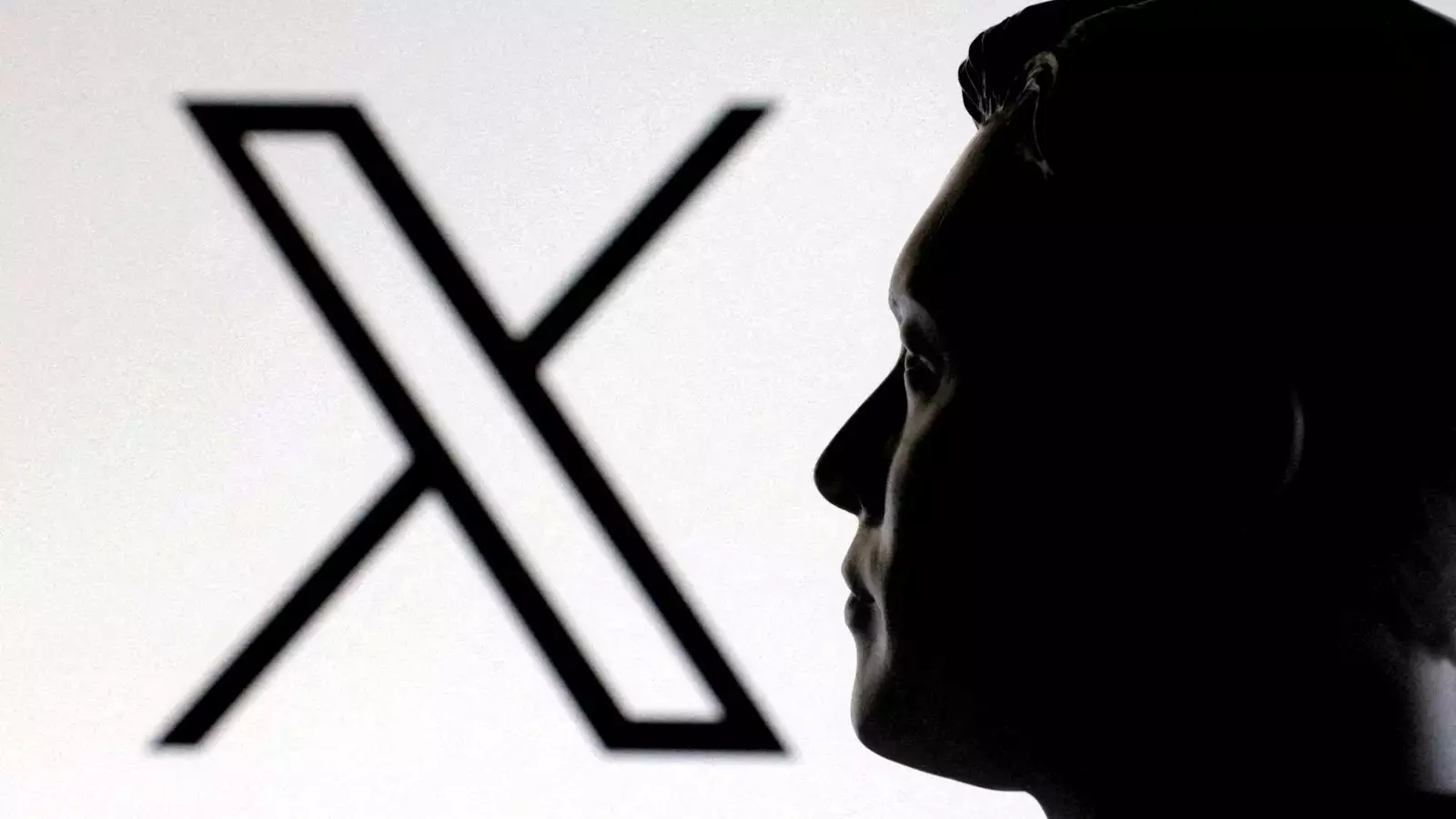In an era where social media has become the battleground for democracy, safety, and freedom of expression, the narrative surrounding platform regulation is often overwhelmed by hyperbole and misplaced blame. Yet, beneath the heated accusations directed at Elon Musk, lies a broader debate about the responsibilities of social media companies and the systemic failures that threaten societal well-being. The recent rhetoric framing Musk as a criminal for alleged inaction in the face of harm to children reveals a dangerous oversimplification of complex issues, neglecting the nuanced realities of platform management and regulation.
While critics like Sir Ed Davey scream for harsher penalties and criminal prosecution, the conversation overlooks the substantial hurdles social media companies encounter. The ever-evolving digital landscape demands agility, which often conflicts with the slow, meticulous processes of regulation compliance. Blaming Musk alone ignores the wider systemic failures and gaps within regulatory frameworks, especially when governments, including the UK, have yet to fully establish effective oversight mechanisms that can keep pace with rapid technological change.
The Illusion of Personal Malice Versus Structural Failures
Labeling Musk as a criminal and calling for his arrest simplifies much of the ongoing crisis into a binary narrative of good versus evil. Such rhetoric diverts attention from the fact that social media platforms are inherently complex ecosystems powered by algorithms designed to maximize engagement, often at the expense of safety. The removal of child safety teams under Musk’s leadership, whether driven by profit motives or cost-cutting, illustrates a systemic issue rather than individual malfeasance.
Focusing exclusively on Musk’s personal culpability overlooks the broader, industry-wide negligence that pervades social media. It’s tempting for politicians to shout for high-profile figures’ heads, but true accountability requires structural reforms that fundamentally alter how these platforms operate. Without comprehensive regulations, legal liabilities, and technological innovations that make safeguarding children possible, these accusations remain superficial. The problem lies less with a single individual and more with a pervasive industry failure to prioritize user safety over engagement metrics and shareholder profits.
The Real Threat: A Faux Crusade in the Name of Justice
What emerges from the hysteria surrounding Musk isn’t a constructive movement for accountability, but a politically motivated crusade rooted in misinformation and fear-mongering. Calls for his arrest, the threat of criminal prosecution, and accusations of inciting violence serve multiple ideological agendas under the guise of protecting children. Such sensationalism breeds distrust in real regulatory efforts and discredits the genuine work being done by vetted agencies like Ofcom.
The rhetoric accusing Musk of personal guilt risks creating a dangerous precedent where powerful individuals are vilified without due process, distracting from the urgent need for systemic reform. Furthermore, these aggressive accusations—claiming Musk’s motivations are purely ego-driven—are not only intellectually lazy but also undermine meaningful dialogue about how to create safer digital environments collectively. The focus should shift from scorched-earth condemnation to pragmatic policy changes that benefit society rather than political posturing.
Why Social Media Regulations Must Evolve Beyond Blame
The discourse surrounding social media and children’s safety must be rooted in strategic, equitable reforms, not in the spectacle of blame game politics. The UK’s Online Safety Act was a step in the right direction, promising to hold platform directors accountable for allowing harmful content. Yet, enforcement remains patchy, and the legal framework is only as effective as the resources and political will behind it. Singling out Musk or any individual as a villain sidesteps the broader need for international cooperation, technological innovation, and industry accountability.
Effective safeguard mechanisms require industry-wide standards, independent oversight, and transparent reporting. Criminalizing platform owners without addressing the root causes—such as algorithmic designs that incentivize sensationalism, lack of adequately funded moderation teams, and weak legal enforcement—risks creating an illusion of action while substantive reform remains elusive. Only through a ground-up rethinking of digital safety can we genuinely protect vulnerable users without resorting to populist outrage.
The Real Power Lies in Systemic Reform
It is past time to challenge the narratives that foster outrage without results. Society must demand a balanced approach—one that acknowledges both the technological realities and the rights of individuals to free expression. Blaming Musk personally for systemic failures only perpetuates a myth that individual accountability alone can fix the crisis. Instead, a comprehensive overhaul of the regulatory environment, industry standards, and technological safeguards is needed to make social media a safer space for children.
The obsession with criminalizing platform executives distracts from the essential reforms that could make a tangible difference. The focus should shift from public shaming and reckless accusations to constructive, evidence-based policies rooted in the principles of justice, fairness, and technological innovation. Only through such pragmatic reform efforts can society hope to bridge the gap between free speech and safety, without descending into reckless populism or authoritarian excess.

